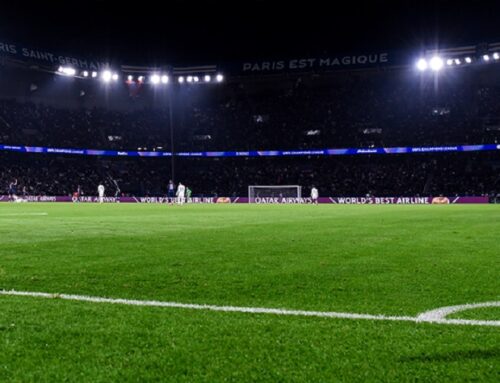
Explanation of the Controversial Decision in Liverpool-City Match
Howard Webb, the president of the Professional Game Match Officials Board (PGMOL), addressed the contentious decision in the clash between Liverpool and Manchester City, which culminated in a 1-1 draw, in the 28th round of the Premier League. The pivotal moment came when Liverpool claimed a penalty for a challenge on Alexis Mac Allister by Doku in the dying minutes of the game. Despite the appeals, the match referee, Michael Oliver, did not signal any foul, and VAR chose not to intervene.
During an interview with Sky Sports, Webb shed light on the incident by explaining, “You can hear Michael Oliver say the ball is in the middle. It’s too low to head… Doku lifts his foot to play the ball and touches it. We know that there is also some contact with Mac Allister.” He emphasized that in such a critical juncture of the game, the decision-making process demands clarity and certainty from the referee. Webb elaborated that while Oliver was uncertain about the call, VAR did not possess concrete evidence to overrule the on-field decision, ultimately opting to remain uninvolved.
The decision-making process in the match was deemed subjective, thereby not meeting the criteria for VAR intervention. Webb highlighted, “It’s a huge game, so as a referee you just want clarity and certainty that you’re making the right decision. You don’t always have enough information that you are taking it. Michael wasn’t sure, but VAR didn’t have clear evidence to overturn the decision made on the field. It’s subjective, so what was left out. VAR followed the right path by not getting involved.”
In essence, Webb’s explanation provides insight into the complexity and challenges of refereeing high-stake matches in football. The incident serves as a reminder of the fine margins and subjectivity inherent in officiating, accentuating the need for clear protocols and transparent decision-making processes to maintain the integrity and fairness of the game.
It is crucial to recognize the role of VAR as a tool to assist match officials rather than dictate outcomes. The delicate balance between technology and human judgment remains a focal point of discussion, with the Liverpool-City incident serving as a poignant example of the intricate dynamics at play in modern football officiating.
As football continues to evolve, the scrutiny and expectations placed on referees and VAR will persist, underscoring the importance of continuous improvement, consistency, and accountability in officiating standards. Webb’s explanation offers valuable insights into the challenges faced by match officials and the nuanced decision-making processes that underpin the beautiful game.
About the author : Philo
Related Posts
Subscribe to newsletter
Insider offers & flash sales in your inbox every week.
Latest videos
Join our mailing list today
Insider offers & flash sales in your inbox every week.
Curabitur non nulla sit amet nisl tempus convallis quis ac lectus dolor sit amet, consectetur adipiscing elit sed porttitor lectus.



